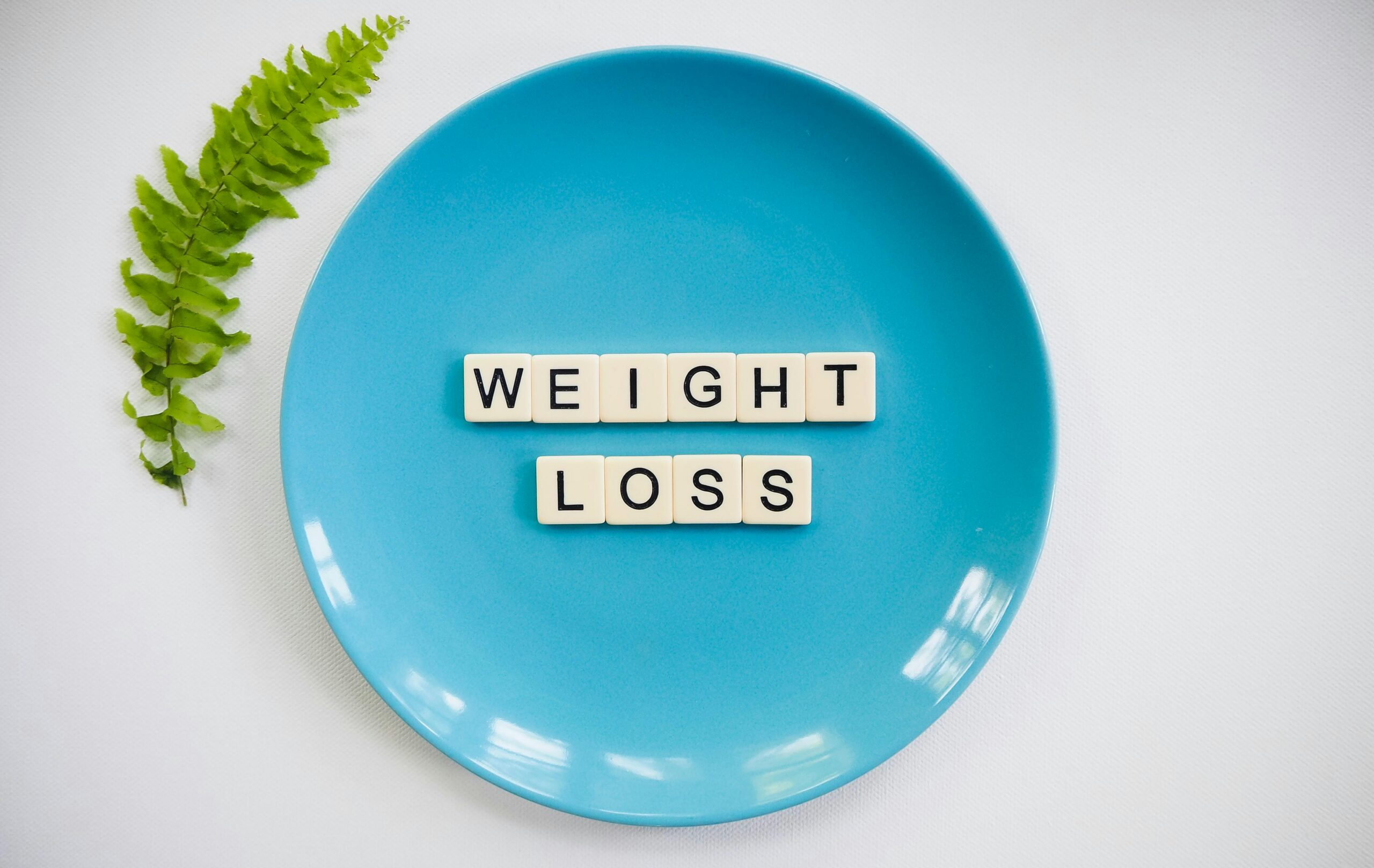The Connection Between Diet and Mental Health
The relationship between diet and mental health is gaining attention. Research suggests that food choices influence mood, cognitive function, and mental well-being. A diet rich in essential nutrients supports brain health, while a poor diet increases the risk of depression and other mental health disorders. Understanding the impact of dietary interventions can help improve psychological health and overall well-being.

How Diet Affects Brain Health
The brain relies on proper nutrition to function. Nutrients like amino acids, omega-3 fatty acids, and essential vitamins play a role in neurotransmitter production. These chemicals regulate mood, memory, and cognitive functions. A balanced diet rich in nutrient-dense foods supports brain function, while refined sugars and processed foods can contribute to mental illnesses.
The Gut-Brain Axis and Mental Health
The gut-brain axis connects the gastrointestinal tract to brain function. A healthy gut microbiome influences mood and mental clarity. Foods rich in fiber, probiotics, and unprocessed foods support microbiome diversity, reducing levels of depression and mental health challenges. Observational studies suggest a link between gut health and mental illnesses, showing the importance of dietary choices.
Nutritional Psychiatry and Mental Well-Being
Nutritional psychiatry focuses on the link between diet and mental health treatment. Systematic review and meta-analysis studies suggest that a diet rich in essential nutrients can help reduce depressive symptoms. Public health initiatives now include dietary recommendations for mental well-being, recognizing the impact of proper nutrition on mental health disorders.

The Western Diet and Mental Health Risks
A Western diet, high in refined sugars, ultraprocessed foods, and energy drinks, has been linked to an increased risk of depression and cognitive impairments. Prospective studies indicate that high sugar intake and soft drinks may contribute to mood swings and psychiatric disorders. Harvard Health Blog emphasizes the benefits of traditional diets over Western dietary patterns for better mental health outcomes.
Foods That Support Mental Health
1. Leafy Greens and Vegetables
Consumption of vegetables provides essential nutrients like folate, iron, and antioxidants. Servings of vegetables have been associated with lower rates of depression in cross-sectional studies.
2. Oily Fish and Omega-3 Fatty Acids
Fatty fish, such as salmon and mackerel, are rich in omega-3 fatty acids, which support brain health and reduce depressive symptoms. Observational studies highlight the benefits of regular consumption.
3. Lean Proteins and Amino Acids
Amounts of protein in a diet influence neurotransmitter production. Amino acids found in lean proteins like chicken and tofu help stabilize mood and prevent cognitive decline.
4. Whole Grains and Blood Sugar Regulation
Unprocessed foods like brown rice and quinoa support stable blood sugar levels, reducing mood swings and symptoms of depression. A diet rich in complex carbohydrates helps maintain mental clarity.
5. Olive Oil and Healthy Fats
Olive oil contains monounsaturated fats that support cognitive functions and reduce inflammation, lowering the risk of mood disorders and cognitive impairments.
Dietary Choices and the Risk of Depression
Poor dietary choices can increase the depression risk. Cross-sectional studies suggest that high consumption of refined sugars and white bread contributes to mental disorders. Conversely, a balanced diet with foods rich in fiber, healthy fats, and proteins supports psychological well-being.
Mindful Eating for Better Mental Health
Mindful eating involves paying attention to food choices and how they affect mental well-being. Choosing nutrient-dense foods and avoiding excessive sugar intake can improve cognitive functions and overall psychological health.
The Role of Health Professionals in Dietary Interventions
Health professionals emphasize the importance of dietary interventions in mental health treatment. Psychiatric nutrition experts recommend dietary recommendations that focus on proper nutrition and reducing the consumption of ultraprocessed foods.
Conclusion
The link between diet and mental health is clear. Proper nutrition supports brain function, reduces depressive disorder symptoms, and improves psychological well-being. Following a diet rich in whole foods, healthy fats, and lean proteins can enhance mental clarity and reduce the severity of symptoms associated with mental health conditions.

FAQs
1. Can a poor diet increase the risk of depression?
Yes. Observational studies show that a poor diet high in refined sugars and processed foods increases the risk of depression and mental health disorders.
2. How does omega-3 fatty acid intake affect mental health?
Omega-3 fatty acids, found in oily fish, support brain function and help reduce depressive symptoms, promoting mental well-being.
3. What foods improve mental health conditions?
Foods rich in nutrients, such as leafy greens, fatty fish, olive oil, and whole grains, support mental health and reduce cognitive impairments.
4. How does sugar intake affect mood disorders?
High sugar intake can cause mood swings and increase the severity of symptoms associated with mood disorders like depression and bipolar disorder.
5. What is nutritional psychiatry?
Nutritional psychiatry is a field that studies the relationship between nutrition and mental health, focusing on dietary interventions to support psychological well-being.
Visit SAMHSA or contact us today for more information.





